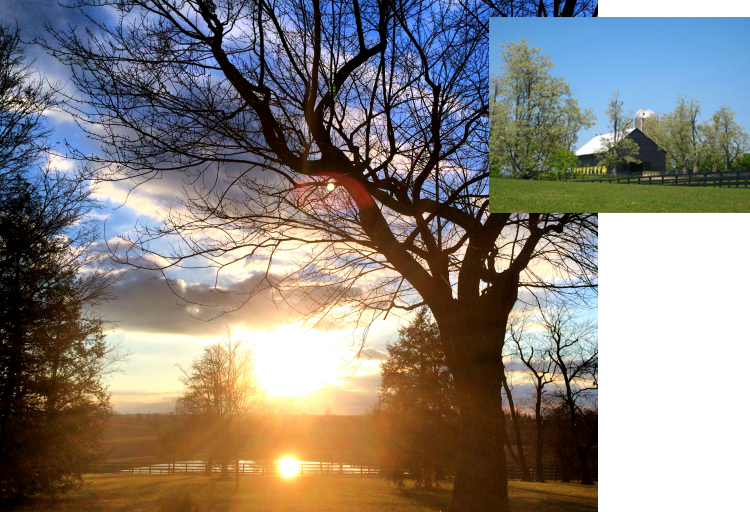
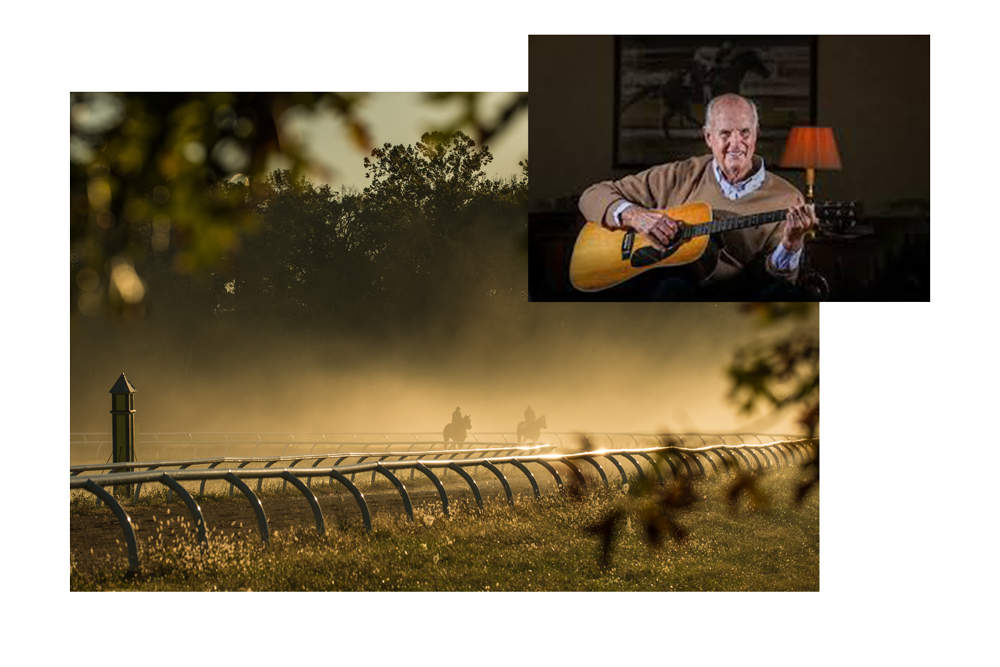
Stone Farm: For half of a century.
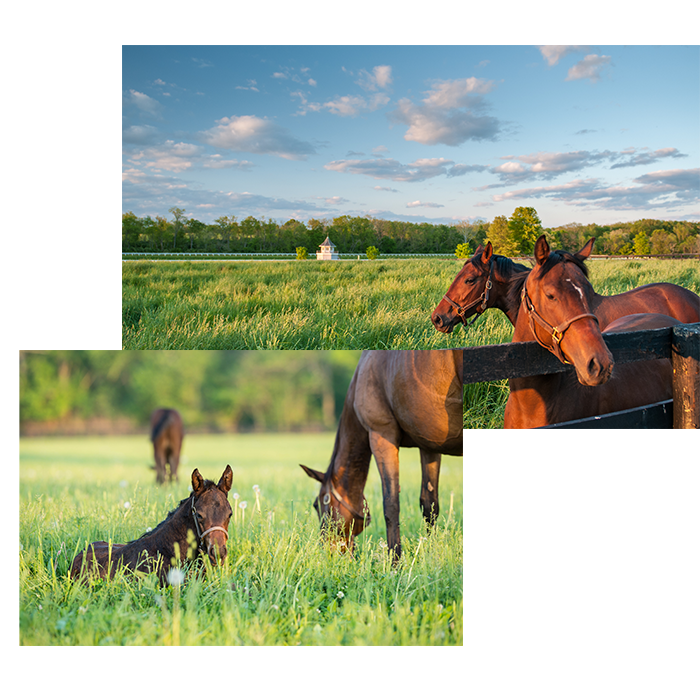
If you take care of the land,
the land will take care of you.
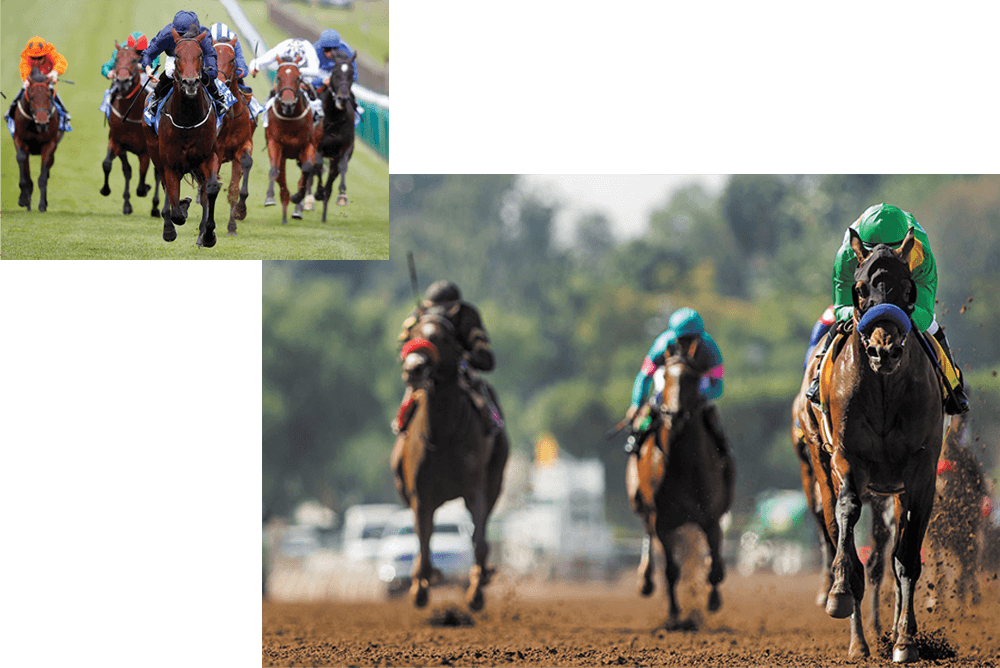
We’re trying to raise you a good horse.
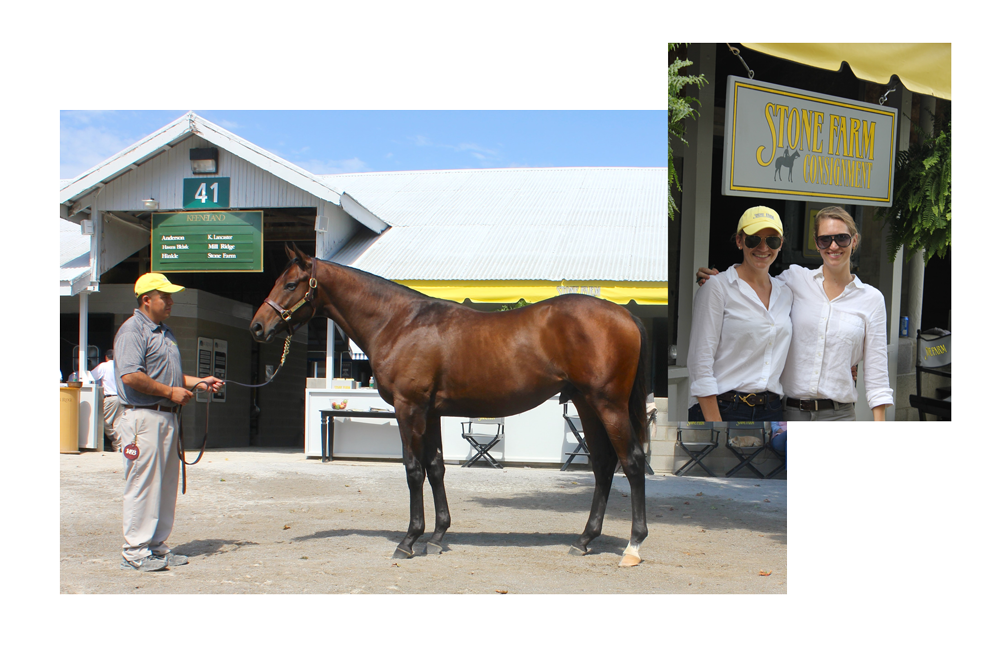
We sell only what we raise.
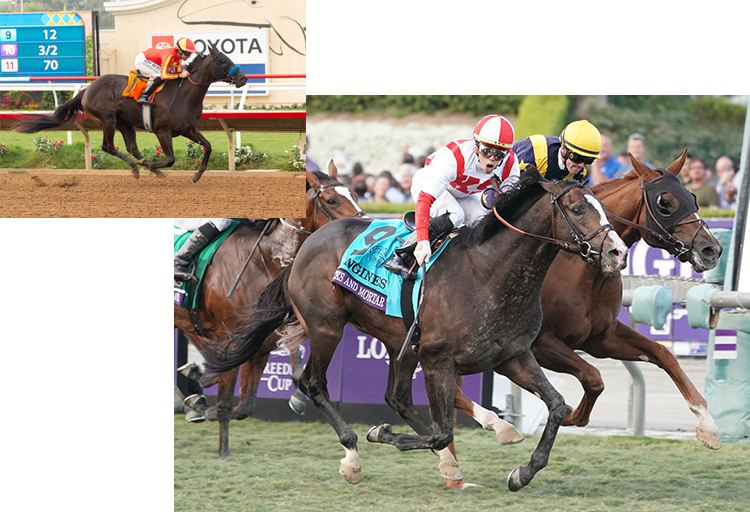
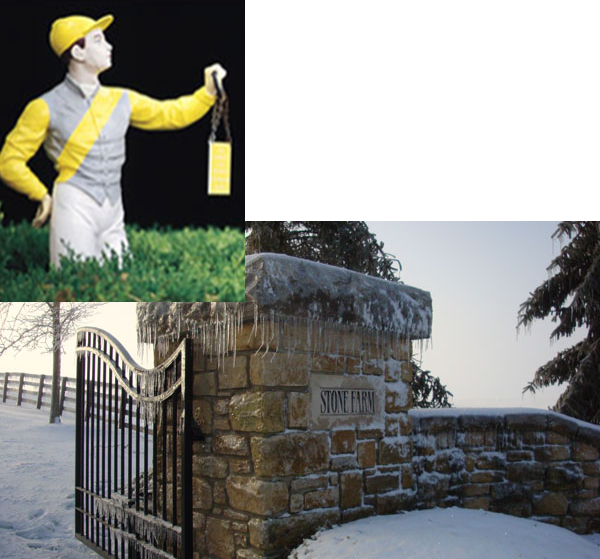
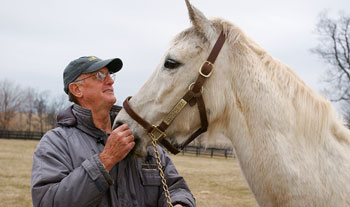
Excerpt courtesy of Louisville Magazine
… For nearly a century, the Hancock family has been an American institution, its name as synonymous with the Thoroughbred industry as Kentucky bluegrass. Under the auspices of second-generation horseman Arthur B. Hancock Sr. and his son, A.B. “Bull” Hancock, well over 200 stakes winners and numerous national champions were bred, born and raised at the family’s historic Claiborne Farm in Paris, but none of them — despite the two men’s dedicated efforts — ever carried the Hancock colors to a Kentucky Derby victory. (Hancock Sr. did breed 1939 Derby winner Johnstown, and another, Jet Pilot in ’47, he bred in partnership, but both horses raced for different owners.)
Arthur B. Hancock III with 1982 homebred Derby winner Gato Del Sol, now 27, at Hancock’s Stone Farm.
It wasn’t until 1982 that a Hancock homebred, a gray colt named Gato Del Sol, managed to reach the Derby summit. Since then, few breeders have been able to rival the achievements, especially on the Derby front, of Kentuckian Arthur B. Hancock III. Gato Del Sol, age 27, still resides at Hancock’s Stone Farm in Paris, which through the last quarter-century has also been the birthplace of popular Derby heroes Sunday Silence and Fusaichi Pegasus, runners-up Strodes Creek and Menifee, plus Risen Star, a winner of the Preakness and Belmont Stakes. (Fusaichi Pegasus was sold as a yearling and Risen Star as a two-year-old.) Breeding with the Derby in mind is a goal that cannot be oversimplified, but according to Hancock, it is still feasible. Although there are no guarantees — “Anything can happen in this game,” he says — certain fundamentals can at least put aspirants in position to obtain a Derby-caliber runner. Foremost among them is the careful selection of mates.
“The first thing to do is to breed them right. You need to consider the pedigrees,” Hancock begins. “A lot of people today are breeding for speed. It seems like they’re more commercial at the sales. But if you’re trying to breed a horse to win the Derby, the first prerequisite is to make sure that you have a sire that could get a mile and a quarter, a mile and a half, and a dam with some stamina, too. You’ve got to have that. What you want to do is maximize their genetic potential.”
There is more to the equation, however, than bloodlines alone.
“You’ve got to get them all grown up in one piece,” Hancock continues. “Being a good farmer is an art. Like we say, if you take care of the land, the land’ll take care of you, and if you take care of your horses, your horses will take care of you. I believe in that.”
To that end, Stone Farm provides its foals with the optimal conditions for success, from its quiet, spacious fields right down to the hay they eat and the well water they drink. The underpinnings of the Stone program, Hancock emphasizes, are the farm staff, whose painstaking care and commitment are essential in molding the impressionable youngsters of today into the Gato Del Sols, the Risen Stars, and the Sunday Silences of tomorrow. From there, however, the balance of the journey rests in fate’s hands.
“You’ve got to have good luck,” Hancock confesses. “There’s been other horses that we’ve done the same thing with who didn’t do a damned thing, but that happens. If you do all those things right, you’re going to have certainly disappointments, but then you’re going to come up hopefully with that one that makes it all worthwhile.”
To read this article in its entirety, click here.
